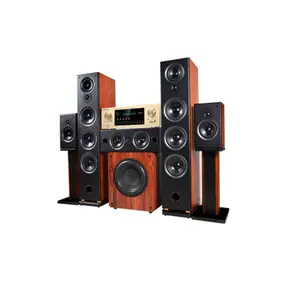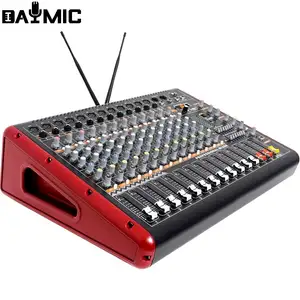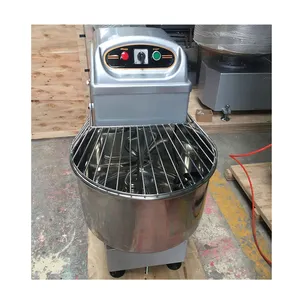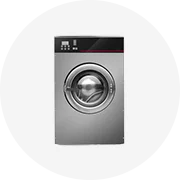Populaire dans votre secteur d’activité



































































 Prêt à être expédié
Prêt à être expédié

















 Prêt à être expédié
Prêt à être expédié














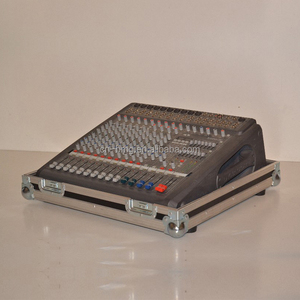












































































































Meilleures catégories
Concernant audio exportation
Achetez le meilleur audio et vidéo audio exportation. des vendeurs sur Alibaba.com. Obtenez les woofers, tweeters ou pièces de haut-parleurs de la plus haute qualité nécessaires pour réparer les haut-parleurs ou en créer un à partir de zéro. Découvrez le top audio exportation. et explorez leur plein potentiel.
Alibaba.com propose une gamme de audio exportation. dans toutes les tailles et spécifications. On peut trouver des parties d'anciens haut-parleurs et les dernières versions aussi. Il a des modèles contemporains et des modèles vintage classiques. Chaque type de haut-parleur est unique et sert différentes applications. Tous les différents haut-parleurs nécessitent une puissance d'entrée maximale différente, tout comme leur sortie audio est différente. Les variations de sortie des enceintes sont aussi importantes que la plage. La manière dont les éléments sont assemblés affecte la qualité du son.
Un haut-parleur est aussi bon que ses composants. Les matériaux utilisés pour construire ses composants comptent vraiment. Des haut-parleurs de bonne qualité recréent le son avec précision et produisent une gamme complète de fréquences que les oreilles humaines peuvent entendre. Le meilleur audio exportation. sont fabriqués à partir de matériaux qui maximisent la qualité sonore. Les matériaux vont du papier, de l'aluminium, de la céramique et même du verre. Des matériaux de haute qualité fourniront également la meilleure résonance de bas niveau. D'autres pièces telles que les fils sont essentielles pour tout maintenir ensemble.
Alibaba.com n'a que le meilleur. Choisissez le produit de votre choix et passez une commande. Soyez incroyable audio exportation. et traite au niveau de l'usine, de la vente en gros ou au détail. L'expédition est également disponible à l'étranger. Profitez de vos achats auprès de fournisseurs fiables et vérifiés.
